An Excerpt from GIRL ON FIRE
A Novel by Rena Diane Walmsley
Copyright © 2010, 2011 by Rena Diane Walmsley and published here with her permission
When I look back now on those days, I find it takes a great deal of effort for me to re-enter the mind and spirit and body of Alicia, myself at seventeen and eighteen, and to make any immediate sense of her. It is not that I am wiser now, although certainly I hope and believe that I am. It is not that that woman-child Alicia seemed foreign to me, because she does not: indeed I look back on her now with compassion, with sympathy, with love, and yes, with the very strong conviction that she is a kindred spirit, my child — my young sister, almost. I feel so much in common with her, in all things that ever go unspoken between two people. The vivid picture that for some reason comes back to me again and again when I think of young Alicia’s brief time in prison is that we are sitting, facing each other, on either side of the kind of glass separator that one often sees in movie versions of prison visiting rooms. We are spreading our fingers and holding up our hands on either side of the glass, palm to palm, and her hand, my hand, then, seems always much smaller, more childlike, than my hand, today.
My hand, today, is rougher, raw, somewhat chafed, dry skinned. It is strong. Each Sunday morning in front of my white wood frame church on the town common of this town, not so far from Concord, I shake hands with a couple hundred members of my congregation as they head back home after the service. It is almost always the high point of my week. They thank me for helping them guide themselves in their lives. They thank me for helping them to find simple paths through complex situations. They thank me for helping them stay connected with their families and engaged with their daily work and the practical details of their lives. They thank me for helping them remember how wonderful and important love is, and how much we must cherish its presence, and the presence of what we take to be sacred, in our daily lives.
I do not work with my hands in the conventional sense in which one might use that phrase. I am not a carpenter nor a sculptor, not a massage therapist nor a surgeon. And yet I find it immensely meaningful and real and worthwhile to connect with these people, young and old and in between, with my hands, each day in my work. A young person will come to visit me in my study at the church on a Thursday evening, troubling over her decision about whether to join the church. I find I cannot speak to her without touch, without covering her hand with mine as I try to help us move toward some worthwhile, if not overwhelming, conclusion. A dignified, somewhat stiff elderly gentleman, a widower, will call and ask if I might be able to visit him at his home, and when I am seated there with him he will break into silent, tearless sobs as he tries to ask me, what is left for him to live for. I take his hand in both of mine, as much with my own desperation as to comfort him as I impel myself to find some words that will engage him sufficiently to give him a real and sustainable lifeline, and it is in this touching, as likely as not, that there comes to me a ray of light. Hands. Touch. I am lucky, I often feel, that I have found work that brings with it an expectation of my likely trustworthiness, so people may be less likely to be put off when I reach out to touch them.
I do not expect, in my own life any more, the intensity of sexual love. Sexual love, the two words together. I have found it to be rare, and indispensable only if one dwells upon it.
Instead, I have made it my work and my life to be a friend to the people of my congregation. I take their hands in mine. I embrace them, and I embrace their lives. I am worthy of their trust, I think, and I encourage that trust, but I also try to find small and incidental ways to communicate my own imperfection to them, to let them know that all we can ever expect of one another is our humanity.
Sometimes I wish there were a way to go further, to let them know my own, all our own, capacity for hot, rutting lust, and for all the most animalistic behavior that goes with that, or that went with it, for me. To let them know that they should never think themselves less human because they also find such lust at the core of their being. But I settle for holding their hands, for giving them hugs sometimes, for being their friend.
When I was that Alicia, seventeen or eighteen, long ago, I did not have anyone like me, the me of now, to hold my hand. I had looked for connection with my parents and found nothing. I had bumped against a few boys before I met Teddy and just found them well, mostly bumpy. I had girlfriends like Nicole and Bébé who, aside from having their own issues and their own neediness and probably not very much wisdom, seemed mostly concerned with the bumpiness of boys. And then I found Teddy.
For a few weeks, at a time when I had no real basis of experience and judgment for being sure about anything, I was sure that Teddy was the real thing, even though I didn’t know what “the real thing” meant. And my hunger for what I took to be that sacred possibility was so great that I lost all capacity to make sound judgments about anything else in the world. I was drunk.
Drunk. And I suppose that’s why that Alicia makes no immediate sense to me today. We don’t expect to be able to make sense of ourselves, our behavior and our judgment or lack of it, when we are drunk, do we? We can look back, bewildered and bemused, and perhaps even find it entertaining if the costs were not too high, but everything seems to have occurred on a different terrain, doesn’t it? Maybe even a different planet.
So that was part of it.
The other part of it was the sheer joy of belief. Events then and since have made me a bit of a skeptic, but for those ten days my belief in Teddy, in Teddy and me, was total. You may call it puppy love, you may call it hot monkey love, you can call us sluts or a bimbos, I don’t care, you weren’t there. We had no inhibitions, and no restraints but those of the clock, and — although I would never have admitted this during my several years of divinity school — it was the most sacred experience of my life.
The fact that it seemed, for a while, to ruin my life, was a risk I might well have accepted had I allowed it into my thinking. But I am grateful that I was sufficiently secretive that I never afforded my friends or family or teachers the chance to talk me out of it. They might have succeeded, because despite my recklessness I was not particularly brave.
So I thank God for my lustful, furtive, feral secrecy. At no time before or since would I have been even remotely capable of it all.
And then just where would I be?
I don’t know. I am quite sure I would not be a chain-smoker like my mother, but I might well have chosen a husband on the basis, absent all else, of his “intellectual honesty.” No doubt he would have come from an old Chicago family like my own, and we would have to decide between Deerfield, Lake Forest, Libertyville, or perhaps even Lake Shore Drive or the Hancock Center. We would have sent our children east to school, and we would probably have cancelled out each other’s votes in national elections. Maybe there would have even come a time when, like Lina, I would find myself combing the beach looking for a young body to pass the time.
Maybe the joke is still on me.
Q: Why did the girl break into prison?
A: So she could avoid living a life of wealth and privilege, driving (or being driven in) a Jaguar or a Bentley, summering by the Lake and taking winter vacations at Aspen and Palm Beach.
It’s a strange punch line, I will grant you that, and I can’t think of anyone I knew then, among my family or friends or the girls I went to school with, who would get it.
I don’t even know if Teddy would get it, or I should say if he would have gotten it back then.
Teddy.
My drink of choice.
Occasionally on Tuesday evenings these days, I drive over to the church and spend some time within earshot of the weekly Alcoholics Anonymous meeting. I don’t sit in on the meetings in a visible and obvious way, because to be there without being specifically and physically an alcoholic would be, I suspect, too gratuitous a co-optation of the anonymity of some members of my congregation, and I don’t wish to complicate my usefulness to them in the role for which they have hired me, as their pastor. So, while of course I know generally who is there, I try to keep my mind clear of that sort of identification, and they never see me. I enter my study from the other side, always having been careful to leave a door opened beforehand between my study and the AA meeting room so that my hearing will not be obstructed.
And I sit, and I listen, and I seem to learn as much about myself and my thirst for Teddy, back then, as I might have learned from an expensive series of psychotherapy appointments. Of course Teddy was neither a beverage nor a drug, but my desire for him, or more precisely for what I became in his presence and for the heights of sheer ecstasy and honesty that we reached with one another, was surely an unquenchable thirst. And in giving myself up totally to him to feed my hunger and my thirst, I hit, as they say in the halls of Alcoholics Anonymous, a true bottom.
My bottom did not come the night they took Teddy away from me and lugged him off to The Hole. That night I performed with great virtuosity (if little virtue) in my effort to, in effect, get him back. All well and good that I had the presence of mind to win Teddy and Michael their freedom, but the truth was that I was a junkie that night, and my only real preoccupation was with getting my next fix, my next dose of Teddy’s body.
No, I hit bottom the next day, and it came over me in waves, beginning even before I found out I was pregnant as David steered me out of the hospital and I tried to imagine how I could deal with the claims and complications of a world on which I had already tried to turn my back. I know that, if I found it necessary to explain myself to my mother and to Miss Sharp, if I could not even figure out how to deal with where and when I wanted Teddy in my post-prison life, then my “break” from my old worlds had not only not been clean, but it had been woefully inadequate. If Teddy and I had imagined a future where we would swim together like sleek dolphins in the warm, blue water, the sensation I had as soon as I walked out of the meeting that David Beaudry and I had with Superintendent Finnerty that morning was much more like that of a hooked and bleeding fish, still alive but trying futilely to flip itself free from the deck of a boat. The breathing, of course, was difficult.
And then I got the news of my pregnancy from Dr. Cutler. When I told David Keyser this entire story — it came out much later, in bits and pieces, of course, over several years — he told me that I was wrong to think that all of my strength and cleverness had simply vanished as soon as we walked out of the meeting with Bruce Finnerty that day. I had thought that, for a number of years.
“No,” said David. “It’s just that you had fought the fights that you needed to fight. To keep fighting at that point would have been very self-destructive.”

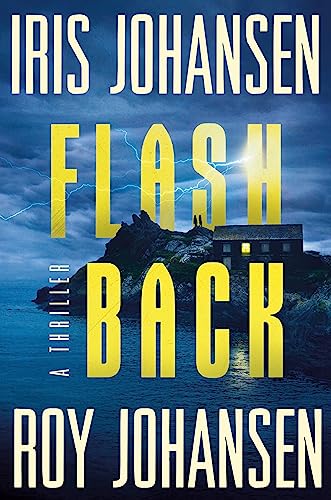
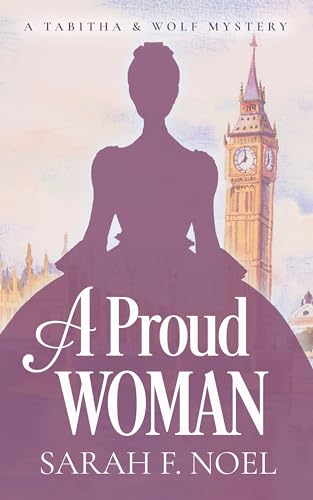
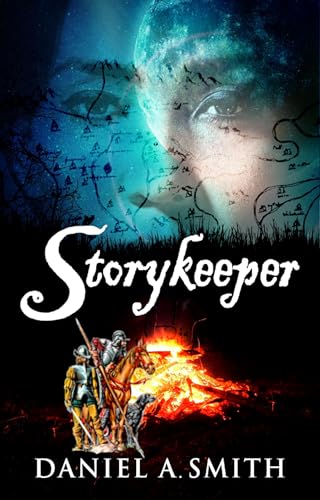
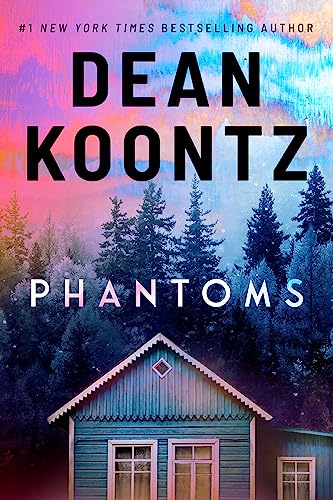
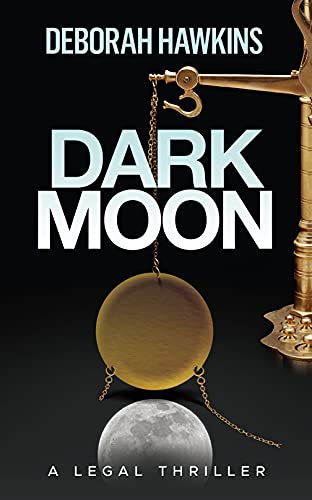

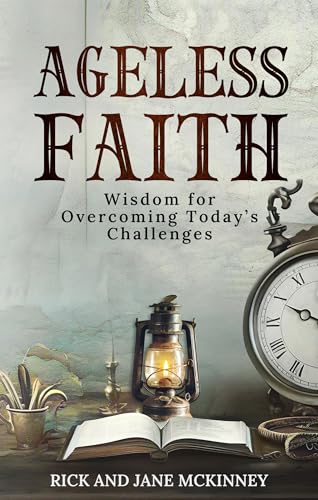


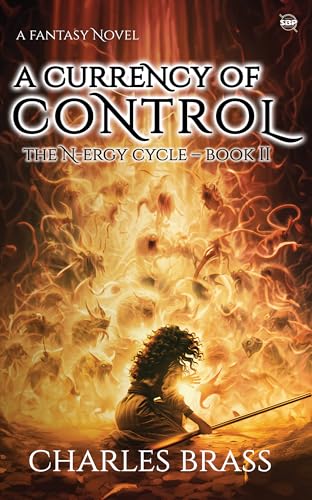


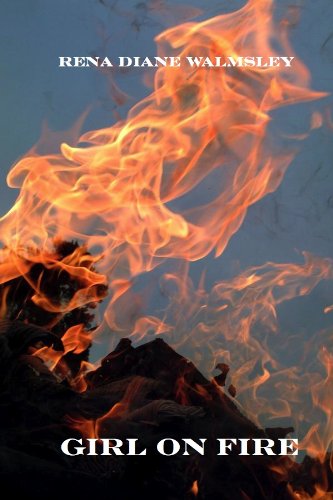

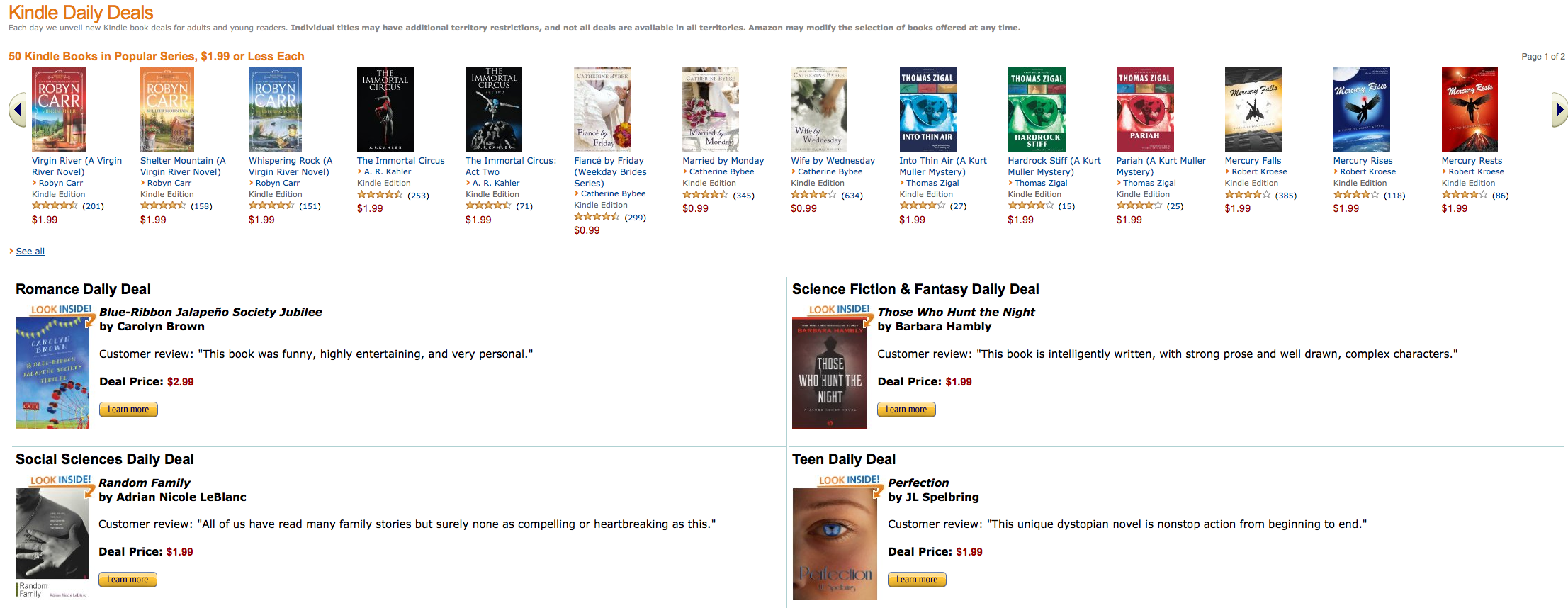

 Loading
Loading


